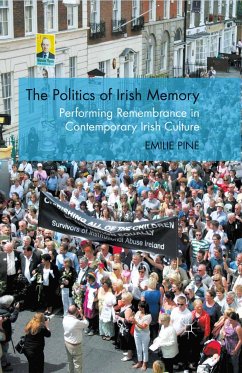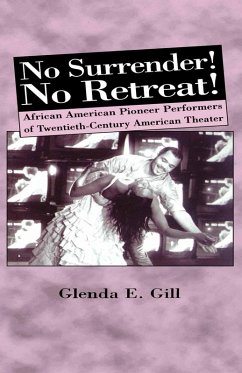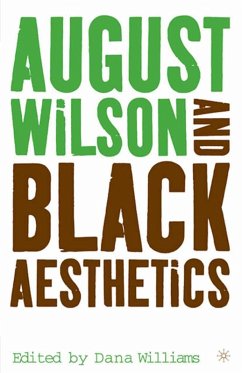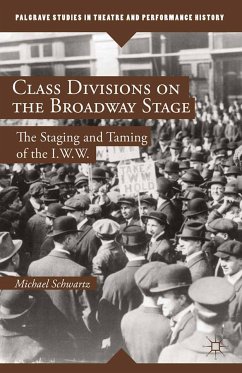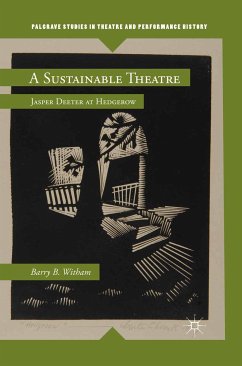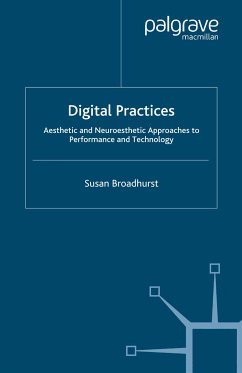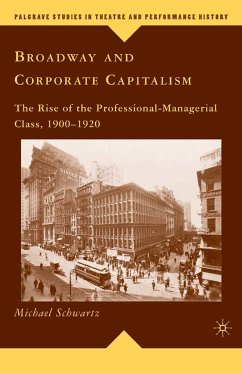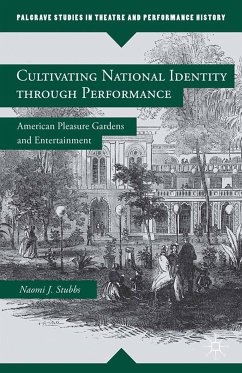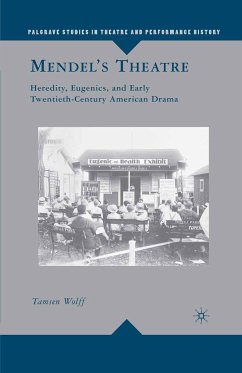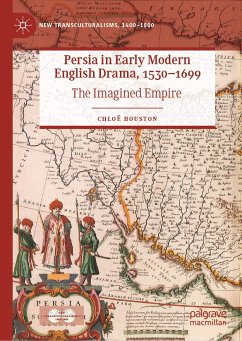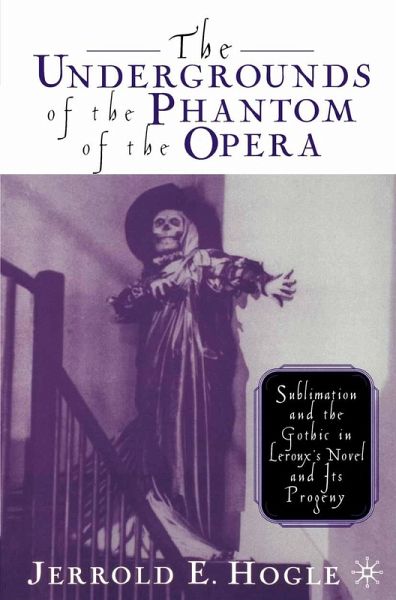
The Undergrounds of the Phantom of the Opera (eBook, PDF)
Sublimation and the Gothic in Leroux's Novel and its Progeny
Versandkostenfrei!
Sofort per Download lieferbar
72,95 €
inkl. MwSt.
Weitere Ausgaben:

PAYBACK Punkte
36 °P sammeln!
This is the most comprehensive analytical study ever done of The Phantom of the Opera in its many different versions from the original Gaston Leroux novel to the present day. It proposes answers to the question, 'why do we keep needing this story told and retold in the Western world?' by revealing the history of deep cultural tensions that underlie the novel and each major adaptation. Using extensive historical and textual evidence and drawing on perspectives from several theories of cultural study, this book argues that we need this tale told and reconfigured because it provides us ways to bo...
This is the most comprehensive analytical study ever done of The Phantom of the Opera in its many different versions from the original Gaston Leroux novel to the present day. It proposes answers to the question, 'why do we keep needing this story told and retold in the Western world?' by revealing the history of deep cultural tensions that underlie the novel and each major adaptation. Using extensive historical and textual evidence and drawing on perspectives from several theories of cultural study, this book argues that we need this tale told and reconfigured because it provides us ways to both confront and disguise how we have fashioned our senses of identity in the Western middle class. The Phantom of the Opera - in varying ways over time - turns out like the 'Gothic' tradition it extends, to be deeply connected to Western self-fashioning in the face of conflicted attitudes about class, gender, race, religious beliefs, Freudian psychology, economic and international tensions, and especially the shifting and permeable boundaries between 'high' and 'low' culture. This book should interest all students of the history of Western culture, as well as those especially fascinated by Gothic fiction, opera, musical theatre, and film.
Dieser Download kann aus rechtlichen Gründen nur mit Rechnungsadresse in A, B, BG, CY, CZ, D, DK, EW, E, FIN, F, GR, HR, H, IRL, I, LT, L, LR, M, NL, PL, P, R, S, SLO, SK ausgeliefert werden.



